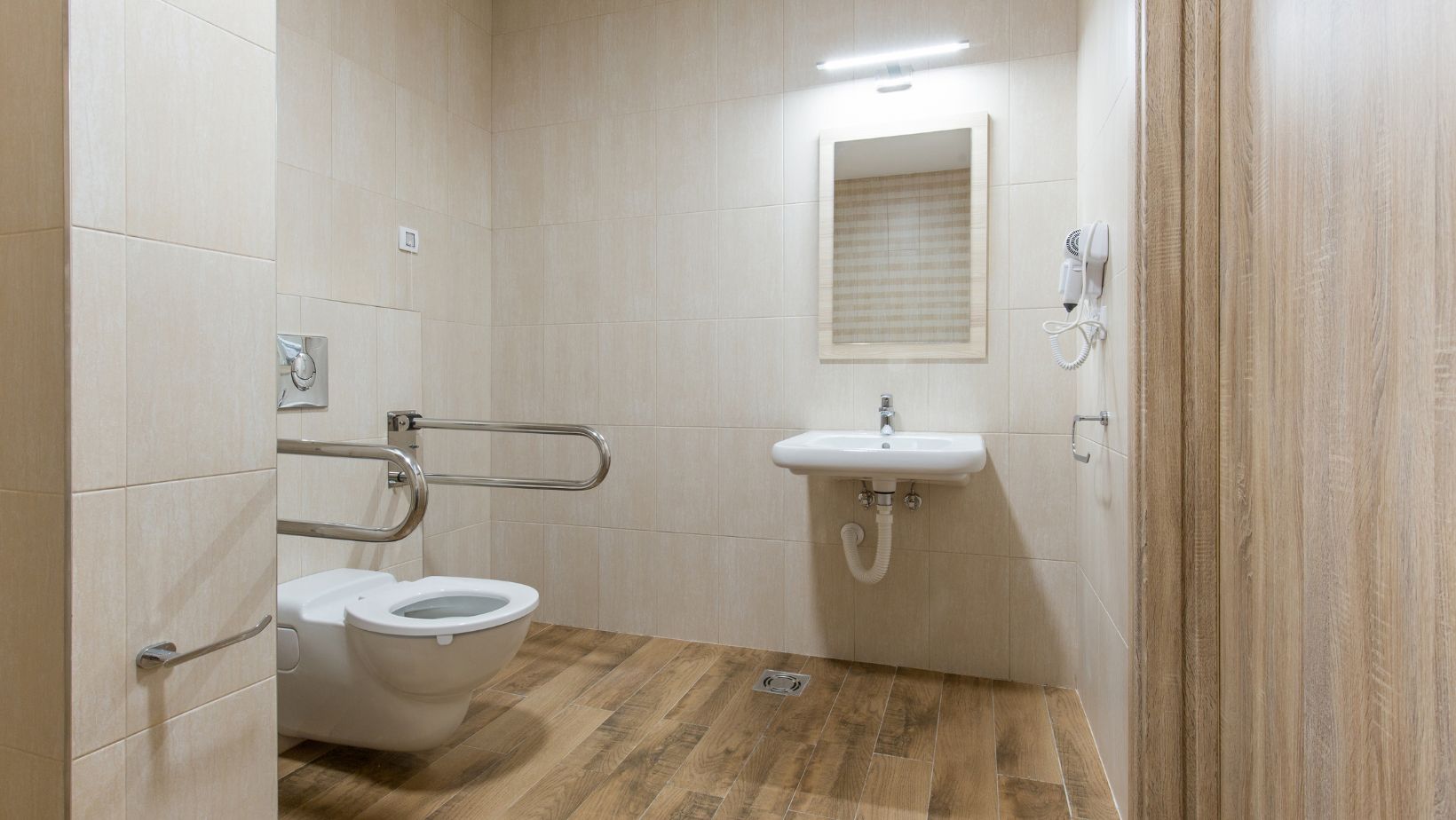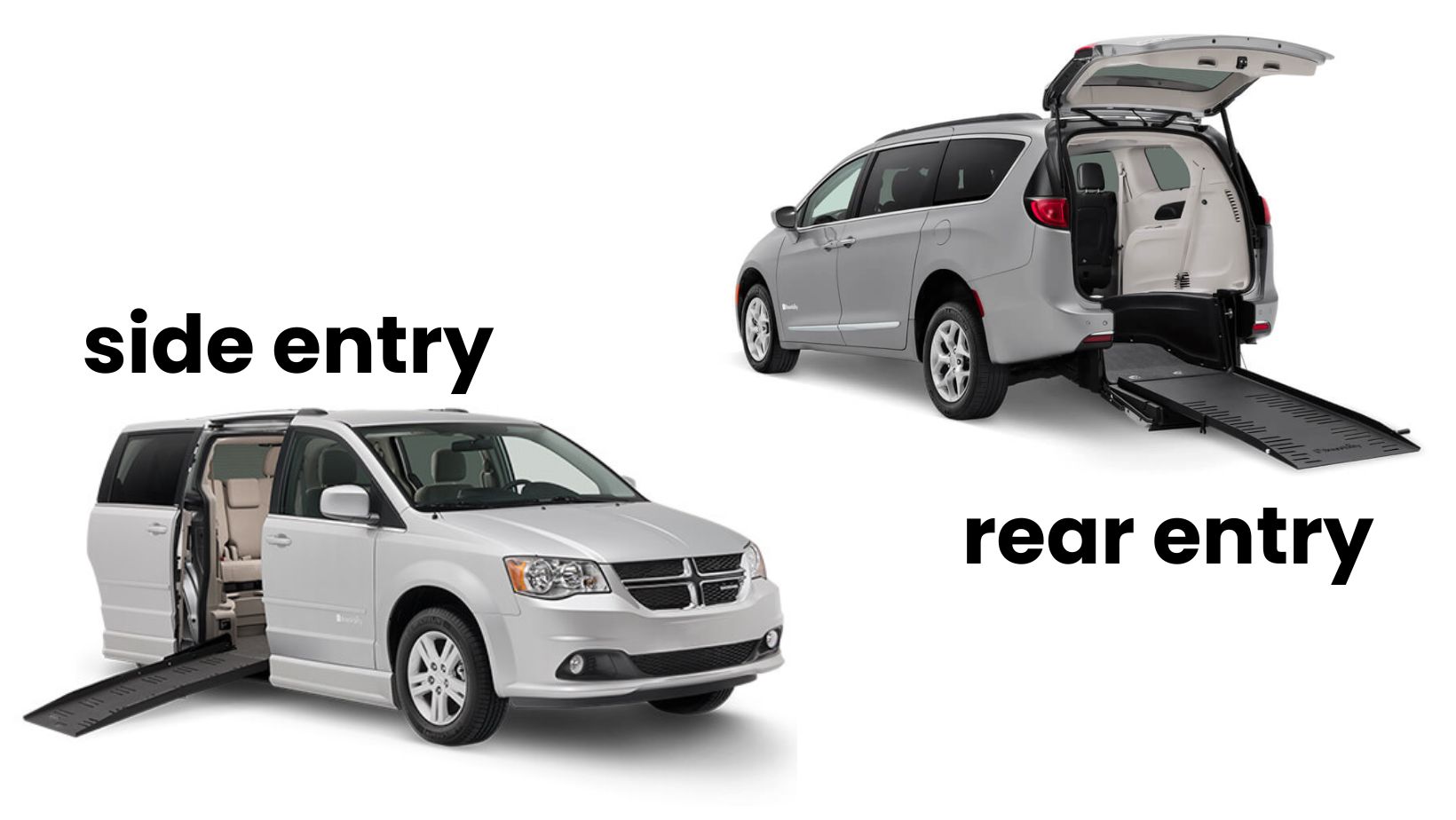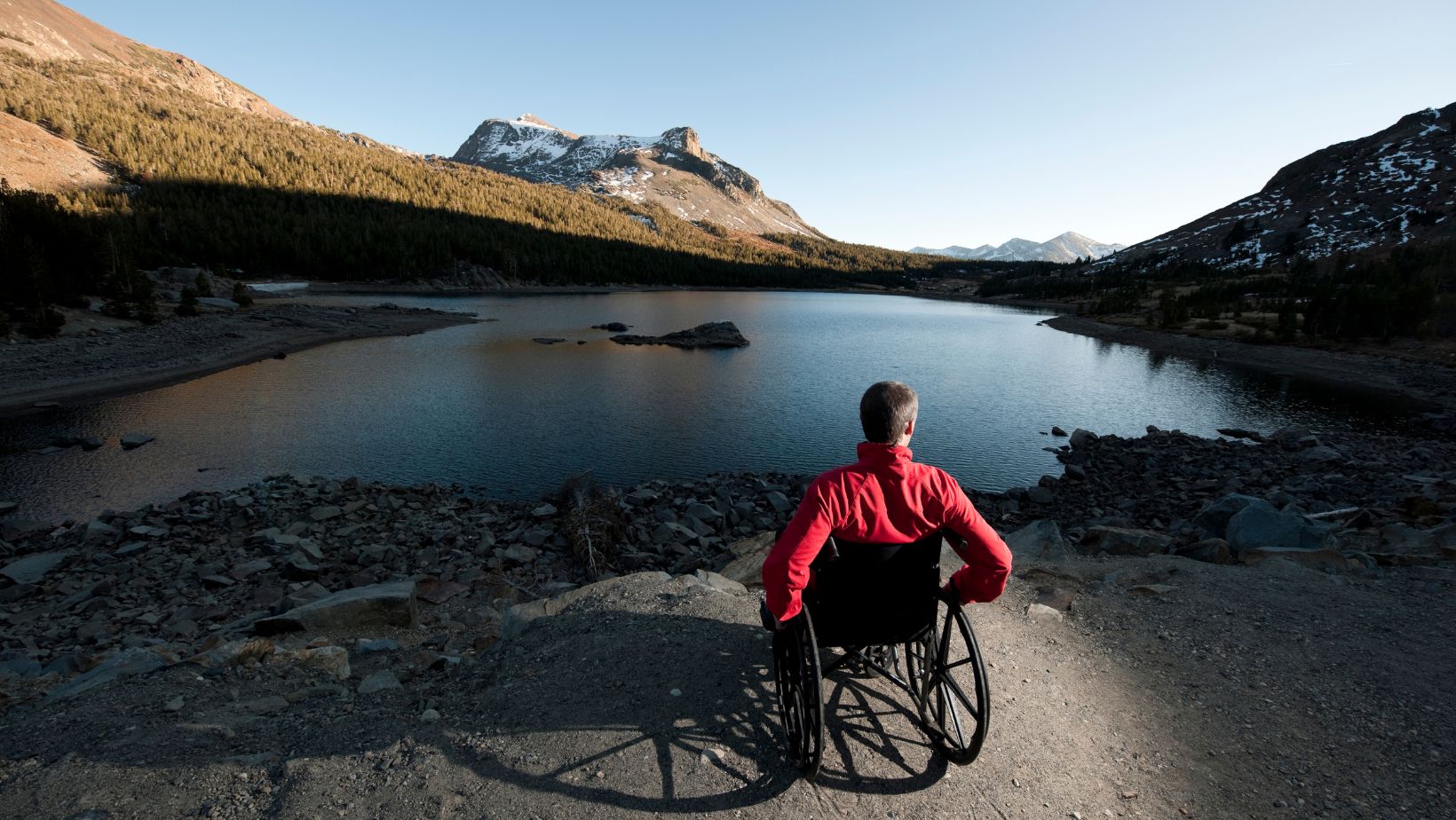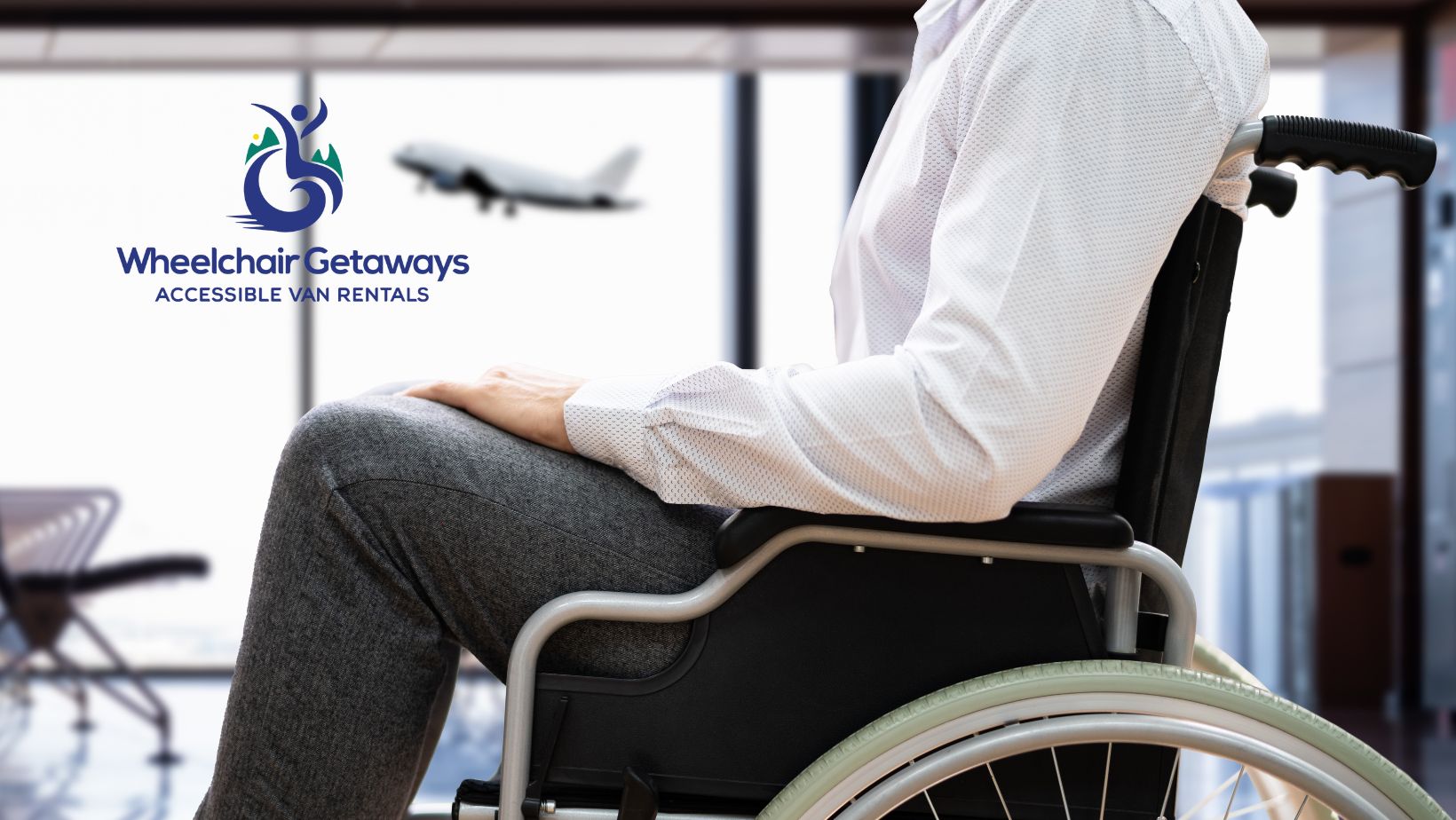Holidays are all about exploring new places, eating your weight in local calories, collecting random souvenirs, and regretting none of it. Since the U.S. has 50 states, there’s no shortage of activities. For instance, you can attend beach bonfires in Santa Monica, hike the Smoky Mountains, watch fireworks over the NYC skyline, kayak in Lake Tahoe, soak up sun in Malibu, or catch a street festival in New Orleans.
As dreamy as that sounds, planning a truly accessible trip during these peak seasons can be quite overwhelming. You have to pack smartly, check the weather forecast, coordinate transportation, triple-check insurance plans, and review accommodations. This might feel like a lot, but don’t worry. In this guide, we’ll share different tips for booking an accessible holiday trip and all the little hacks that make a big difference.
The Core Challenge: Why Securing Accessible Travel During Peak Holidays Demands Smart Planning
During peak holiday seasons, everyone is booking flights, hotels, and tours at lightning speed. If you aren’t careful, you might end up booking a “ground floor” room only to find it has stairs. Or choose an attraction with “accessibility features” that don’t extend beyond the parking lot.
Other common mistakes include not requesting aisle chairs, failing to confirm transportation accessibility in advance, assuming all tourist attractions are wheelchair-friendly, or relying on vague online listings that omit crucial details.
The good news is that a bit of upfront effort can save you from a world of frustration when you’re finally in vacation mode. Here are some travel tips to improve your adventure experience, so you can focus on making memories, not micromanaging logistics.
Tip 1: The Ultimate Imperative – Book Early for Truly Seamless Accessible Travel
If you’re a last-minute planner, it’s time to change your ways. Since there are limited numbers of wheelchair-accessible vans, ADA-compliant hotel rooms, or airline seating that allows for medical devices, you must pre-book everything.
Crafting Your Early Booking Success Strategy: Paving the Way for Accessible Holidays
Follow these tips to get ahead of the rush:
- Set Future Reminders: Holidays sneak up fast. Mark your calendar a few months in advance with key booking dates for summer, 4th July, Thanksgiving, Christmas, or spring break. Book hotels and car rentals 4–6 weeks ahead.
- Consider Specialized Travel Agencies: Accessible travel agents get exclusive early access or priority booking advantages. Some specialized travel agencies include Sage Traveling, Travel for All, Wheel The World, Flying Wheels Travel, and Easy Access Travel.
Join Loyalty Programs: Got hotel or airline points? Don’t just use them for free stuff. Instead, use them for early access or guaranteed upgrades.
Tip 2: Meticulous Verification – Double-Check Every Accessibility Detail for Your Holiday Journey
“Accessible” is one of the most loosely used words in the travel industry. Before booking a hotel or museum tour, verify all the fine details.
Unpacking Accessible Hotel Rooms: Beyond Just a Ramp
Hotels usually have different accessibility features, so it’s crucial to ask detailed questions when booking.
- Bathroom Setup: Does the room have a roll-in shower? Are there grab bars by the toilet and in the shower?
- Sink and Maneuvering Space: Can a wheelchair roll under the sink? Is there room to turn or reposition easily without rearranging furniture?
- Door Widths and Bed Height: Many mobility devices need at least 32 inches of clearance. Check bed height; some are too tall to safely transfer in or out of.
- Outlets and Amenities: Are there accessible-height power outlets near the bed for charging mobility equipment or CPAP machines?
- Emergency Plan: Is there a visual alert system or alternate evacuation protocol for guests who use mobility aids or have hearing impairments?

Verifying Venues and Attractions: What to Know Before You Go
Just because a tourist spot claims to be accessible doesn’t mean every area actually is. Here are some things to confirm before you show up:
- Paths and Elevators: Are there ramps throughout the site, not just at the entrance? Are elevators working and available, or out of order “until further notice”?
- Restroom Availability: Accessible restrooms are a must. Ask if they’re public, open during your visit, and maintained regularly.
- Seating and Breaks: If the venue involves a lot of standing or walking, ask about rest areas, benches, or if mobility aids are allowed (some historic sites restrict certain equipment or even service animals).
- Sensory Considerations: If you have sensory requirements, check if the museum, zoos, and amusement parks offer sensory-friendly hours, quiet zones, or ear defenders to enhance your holiday experience.
Tip 3: Tailoring Your Ride – Precisely Planning Your Accessible Trip
Whether it’s getting from the airport to your hotel or road-tripping through wine country, choosing the right accessible vehicle is one of the most underrated parts of planning but can make a big difference.
Air Travel Tips for People with Disabilities
Keep the following tips in mind while flying to another country or even state:
-
- Book Assistance Through TSA Cares: TSA Cares is one of the best things for travelers with disabilities. You call or submit a form at least 72 hours before your flight, and the TSA assigns a coordinator to help you through security, so there’ll be no awkward confusion at checkpoints.
- Request Wheelchair Service and Pre-Boarding: When booking your flight, request wheelchair assistance and confirm pre-boarding with the airline. This allows you to board first, settle in, and safely transfer into your seat without a crowd of stressed-out travelers behind you.
Like what you’re reading? Subscribe to our newsletter and get new updates directly to your inbox.
Demystifying Accessible Van Options
Accessible vans come in two primary configurations: rear-entry and side-entry. Each option has distinct benefits, so carefully consider which aligns best with your travel style.
- Rear-entry vans are a perfect choice for travelers who want something simple, budget-friendly, and easy to park, especially in tight spots like hotel lots or busy tourist areas. Since the ramp deploys from the back, you don’t need extra space next to the vehicle, which makes it ideal for standard parking spaces. It’s a great option if you’re not planning to drive yourself and don’t need to transfer to the front seat.
- Side entry vans are more suited for travelers who want more interior space and easier movement inside the vehicle. The layout allows you to ride in the front passenger seat or even drive, depending on the setup. The catch? You’ll need space to deploy the ramp out to the side, which can be tricky in narrow parking spots.
Before booking, inquire about manual or automatic ramp or lift, double-check the seating capacity, ask the rental company for exact internal dimensions and ramp size as your wheelchair.

Tip 4: Get Travel Insurance and Make a Robust Back-Up Plan
Even if you’ve triple-checked every detail, there will be delays, cancellations, overbooked hotels, lost equipment, and so many other issues. That’s why it’s important to have travel insurance and a solid backup plan so you can manage everything without getting anxious.
Why Specialized Travel Insurance Is Crucial for Accessible Holidays
Whether traveling domestically or internationally, you must have a specialized travel insurance policy. If you rely on mobility aids such as wheelchairs, scooters, or other specialized devices, the policy should cover the repair, replacement, or loss of medical equipment. Check if your policy includes medical emergencies, evacuation and even accessible transport options to bring you home or to the nearest medical facility.
Some policies reimburse additional expenses incurred with mismanaged accessible accommodations, inaccessible transportation substitutions, or inaccessible destinations. Always keep receipts for insurance claims. Ask if your policy offers a 24/7 emergency helpline with multilingual support.
Crafting a Back-Up Plan for Unexpected Accessible Travel Delays
Things change fast during the holidays, so you should always have a plan B.
- Plan Alternative transportation: Research backup accessible taxi services, van rentals, or shuttle companies at your destination.
- Have a Contingency Fund: Allocate a portion of your travel budget as an emergency fund. This can cover unexpected costs like last-minute hotel stays, mobility device rentals, or alternate transportation. Keep a credit card with international compatibility handy for emergency spending.
- Don’t Forget Emergency Contacts: Keep a physical and digital list of your key contacts including medical providers, caregivers, family members, local embassy or consulate, and your travel insurance hotline. Put one copy in your wallet, one in your luggage, and one on your phone’s home screen.
- Be Flexible: Since holiday travels are also about spontaneity, always leave some wiggle room when planning. If possible, book refundable flights and hotel stays. Many hotels now offer flexible cancellation without penalties.
Tip 5: Strategic Packing for a Stress-Free Accessible Travel
Packing for accessible travel isn’t just about rolling up your clothes and hoping for the best. It’s about packing strategically, with every item pulling its weight. Below are some must-have items for a stress-free accessible travel:
- Pack versatile clothes to mix and match, hats, gloves, sunglasses, or swimwear, depending on your destination.
- Get travel sized toiletries like shampoo, toothpaste, facewash, and deodorant.
- Bring extra batteries, a small repair kit, tire patches or anything you might need in case of a quick fix.
- If your regular device is bulky, consider a foldable travel wheelchair, foldable ramp, a portable shower chair, or lightweight crutches for short excursions.
- Pack chargers, power bank, and international adapters if you’re traveling abroad. Also, bring a power strip to charge everything from one spot.
- Always pack enough medicine for your entire trip, plus 3–5 extra days. Keep your meds in their original packaging to avoid hold-ups at security and customs.
- Bring photocopies of prescriptions and a note from your doctor outlining your condition, equipment needs, and emergency protocol (if relevant).

Enjoy an Accessible Vacation with Wheelchair Getaways
Whether you’re jetting off to explore a new city or just heading across town to stay with your best friend, you need a wheelchair-accessible ride that’s both reliable and comfortable. Wheelchair Getaways is available in over 200 locations nationwide, making holiday travel a whole lot easier.
Our fleet includes modern, well-maintained vehicles equipped with ramps, lifts, secure tie-downs, hand controls, removable front seats, and other essentials for a smooth and adventure-filled trip. With our flexible plan, you can rent your preferred vehicle for a day, week, or longer without dealing with complicated contracts or hidden fees.
Even better? We often offer special discounts and deals during holiday seasons, so you can save while still getting top-tier service. Fill this form to get a rental quote or call us at (866)-224-1750 to learn more about our services.
